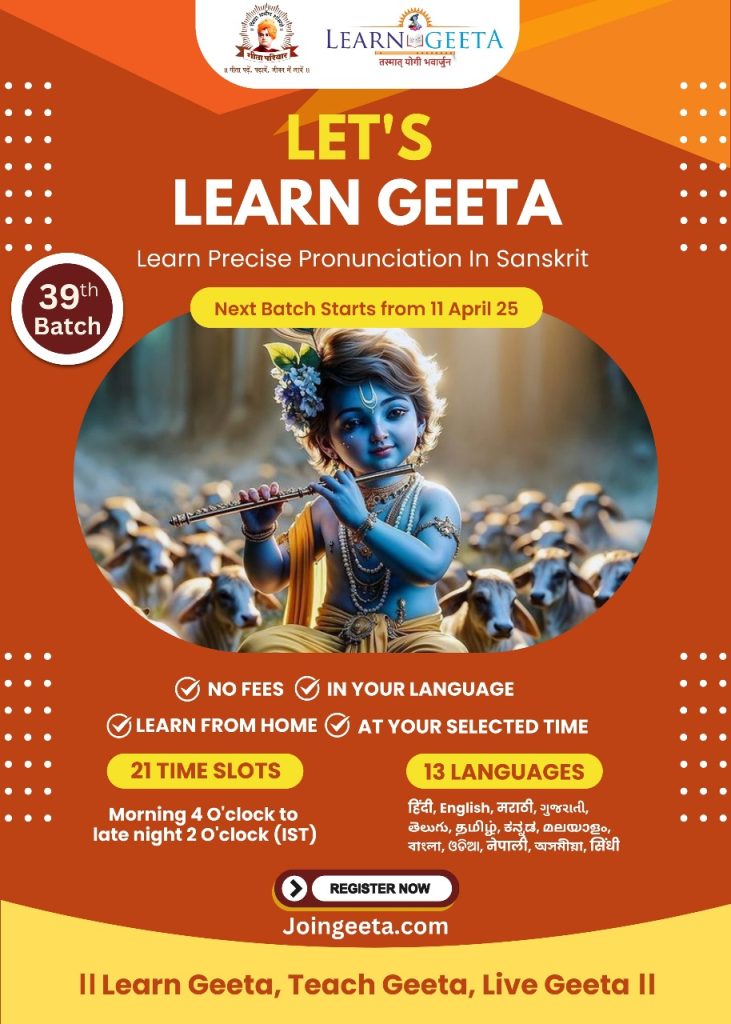NATIONAL DOCTORS DAY Family Doc – A friend lost in the era of consumerism

Dr Pankaj Kumar
Until a few decades back, a family physician used to be the right answer for most healthcare situations, right from the toddler in the house to the octogenarians. Medical emergencies always were an exception. The family physician could offer expert comprehensive medical care to people of all ages and genders, making them a preferred choice, a dear friend for the common needs of the entire family. He was a great support to all family members at almost all stages of their lives.
Unlike other medical specialists who focus on a specific medical condition, one part of the body or just an organ, a family physician has the expertise and knowledge to provide comprehensive healthcare as well as emotional support to patients of all ages. He was a health guide from infancy to late adulthood and in old age as well. That made him the go-to doctor at any point for the family.
A major role of the family physician was to educate the patients about disease prevention and health maintenance. It included focussing on both physical and emotional health, which may include stress relief, anger management, fertility counselling, weight management and nutritional counselling. For day-to-day common ailments like flu, ear infection, common allergy, draining small abscess, the family physician was the preferred go-to medical resource for the treatment.
The family doctor could help recognise potential red flags for any emerging conditions that may require prompt attention, such as diabetes, heart disease, or cancer – especially if there was a family history of the condition. If there was any need for specialist medical treatment, the family physician would refer to an appropriate specialist.
But now, with increasing medical commercialisation and consumerism, primary care is at the crossroads. The primary care delivery systems are becoming unsustainable and lack the resiliency to survive in new changing environments. In an era of specialisation, the primary care has to struggle to remain relevant and viable.
There has been an increasing inclination of patients to have opinions from specialist even for minor issues. In last few years, with greater smartphone ownership, internet connections – a bevy of apps, online medical service aggregators have started operating brazenly, advertised by superstars and celebrities, aggressively pushing for tests and surgeries – have made the ‘family doctor’ look like ‘Dr Minimalist’. There are a number of reasons why more doctors want to become specialists: competitive pressures, greater income potential, higher status among peers, greater prestige in society and patients’ demand. These factors drive the preference for specialisation. The final result is being lot of specialists, who treat an organ but too few “doctors” to treat the human body as a whole. The media insinuation against doctors has created an environment of mistrust against doctors in the community and rift in doctor-patient relationship.
In addition to basic medical services, the family physician used to act as health advisors, guiding anxious patients to the appropriate healthcare facility. In today times, one of the most effective healthcare interventions is to advise the person to “when to see a specialist doctor and when not to go”. But that friendly advice with in comfort of homely atmosphere is getting distant gradually.
The family doctor – a helping hand, a dear friend and an all-time support of is getting far away from patients in this era of medical consumerism.
Dr Pankaj Kumar is an internist, Additional Director Critical Care,
FORTIS Hospital, Shalimar Bagh, Delhi


